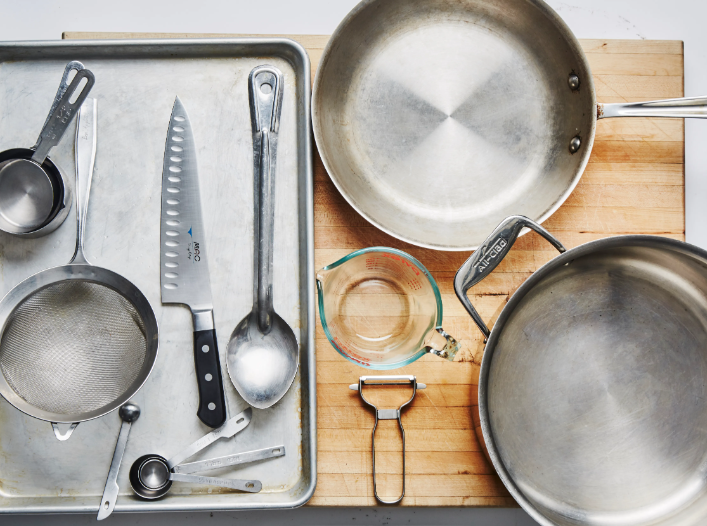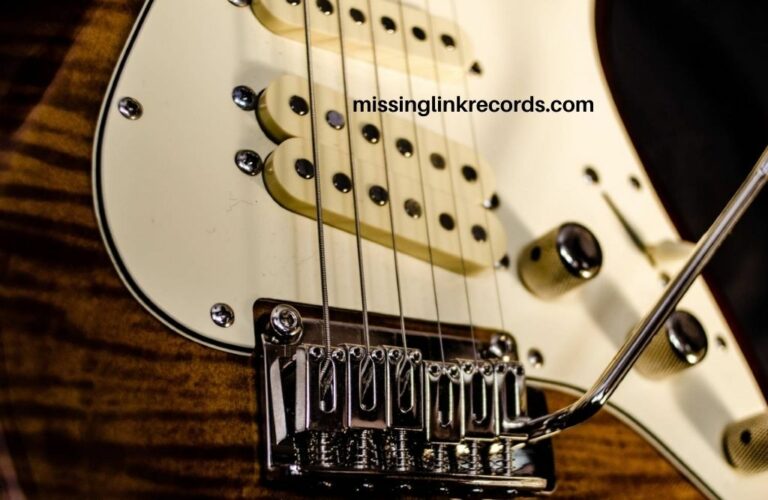The Magic of Music Production: Pro Tips and Techniques
Music is one of the oldest ways of self-expression. Music production is integral to many people’s lives, from grand orchestras to personal amusement. It may become too dull music, so students may use an essaypro promo code to deal with the chores quickly and do something inspiring – music production. Whether you are a student musician or passionate about music – in this article, you will learn tips and tricks of music production for students.
How to Start with Music Production?
Music production connects the artist’s vision and the final released musical product. Producing music ensures that all creative elements sound as intended to create songs and tunes. You will need several instruments and tools to start music production:
- A pc
- A pair of good headphones
- A microphone
- A digital audio workstation (DAW).
These are essential components for any music production, including home ones. If you have a tight budget, look for cheaper alternatives for the equipment. It is crucial to grasp essential music production concepts before moving to high-quality equipment and its most substantial advantages.
Software-wise, you will need a DAW. Several options exist, like FL Studio, Logic Pro, or Ableton Live. These programs have a wide range of ways of working with music:
- Editing
- Recording
- Mixing
- Arranging.
You must know how to work with both hardware and software to ensure well-produced music.
Home Studio Set Up
After you have gathered all the equipment and readied the software, it is time to arrange all of it in a home studio. Start with choosing the proper location in your house. The room for the home studio should be isolated from traffic noises and household distractions. Additional equipment for noise canceling will be beneficial, too. Consider acquiring bass traps, diffusers, and absorbers if your budget can allow them. These elements will elevate the recording quality of the sound.
Layout is another critical component of your studio arrangement. Ensure comfortable access to your equipment: keyboard, microphone, monitors, etc. Try to provide ergonomy and convenience.
These are the essential elements of a home studio. As you progress with your music production, you may enhance it with additional equipment or software, depending on your preferences and needs. It is important to remember that your skills and knowledge allow music creation via equipment, not the other way around.
Music Theory and Composition
Knowledge of music theory is the basis of your music production journey. If you are already a student-musician, take your time learning the ropes. The desire to jump straight into the music production may be strong. Yet, it will become impactful only when you have mastered the essential concepts of music theory.
If you are an enthusiast, you should contribute your time to studying music theory. Music theory is a language through which a composer conveys emotions and feelings. You need to know the following concepts:
- Scales. They provide the foundation for melodies and harmonies.
- Chords. These pieces create the harmonic structure of a track.
- Harmony. It determines the emotional impact your music holds.
Look for online courses, tutorials, and books. Or you may even enroll in formal musical education to ensure the highest quality of music you produce. As your theoretical base grows, you will create more sophisticated and profound music pieces.
Recording Techniques
When you produce music, it is vital not only what you create but how you can do it. Several recording tips will help you achieve the desired results quickly.
Microphone choice
Different types of microphones enhance different types of performances. Condenser microphones are great for vocal recording. They ensure high sound quality and details of implementation.
Dynamic microphones work for recording instruments. Their construction enables clear recording of different sound pressure levels. Finally, ribbon microphones will add a vintage twist to any sound. Try experimenting with microphone types to discover the sound you like the most.
Microphone placing
From six to eight inches is the optimal microphone placement for voice recording. If you record an instrument, the optimal distance would be twelve inches. You may move a microphone closer to the guitar’s soundhole to produce a more bass-heavy sound.
When recording drums, you may place a microphone closer to the center of the snare drum for sharper sound or a bit off-center for more body sound.
Different Environments
Environment impacts the quality of sound recording. It is crucial to acknowledge the specifics of different surroundings and use them to your advantage. When you record in a home studio, ensure maximum noise canceling. The result will be a clear and crisp sound.
Studio recording will give you a slight echo and acoustics. Experiment with microphone positioning to make the sound you desire. During live recording, use directional microphones and regulate the stage volume output to avoid feedback.
You will learn more advanced techniques as you record more music. Yet, these essentials will help you make a solid start.
Collaboration and Feedback
It is always easier to practice something in a company. When you start your music recording journey, look for a community of like-minded individuals. Peers and mentors are valuable sources of constructive criticism and inspiration.
One way to enhance your music production skills is through a collaborative creative project. It may be a song, an instrumental piece, or anything. The point is that you may combine the power of your home studios to create something exciting.
Remote collaboration is an option, too. If you need help finding the local community, you may always contribute your efforts to online music groups. You will grow faster in collaboration with other people who produce music. Remember to be open-minded and practice what you have learned from more experienced musicians.
Final Words
Music production is a complex and fascinating process. When you dive into the world of music production, you must ensure that your academic debts are closed. An EssayHub com may help you with that. When all bases are covered, you may settle your home studio.
Try different recording techniques and environments for the best results. And do reach out to fellow enthusiasts. You will reach greater heights if you have companions along the way.



